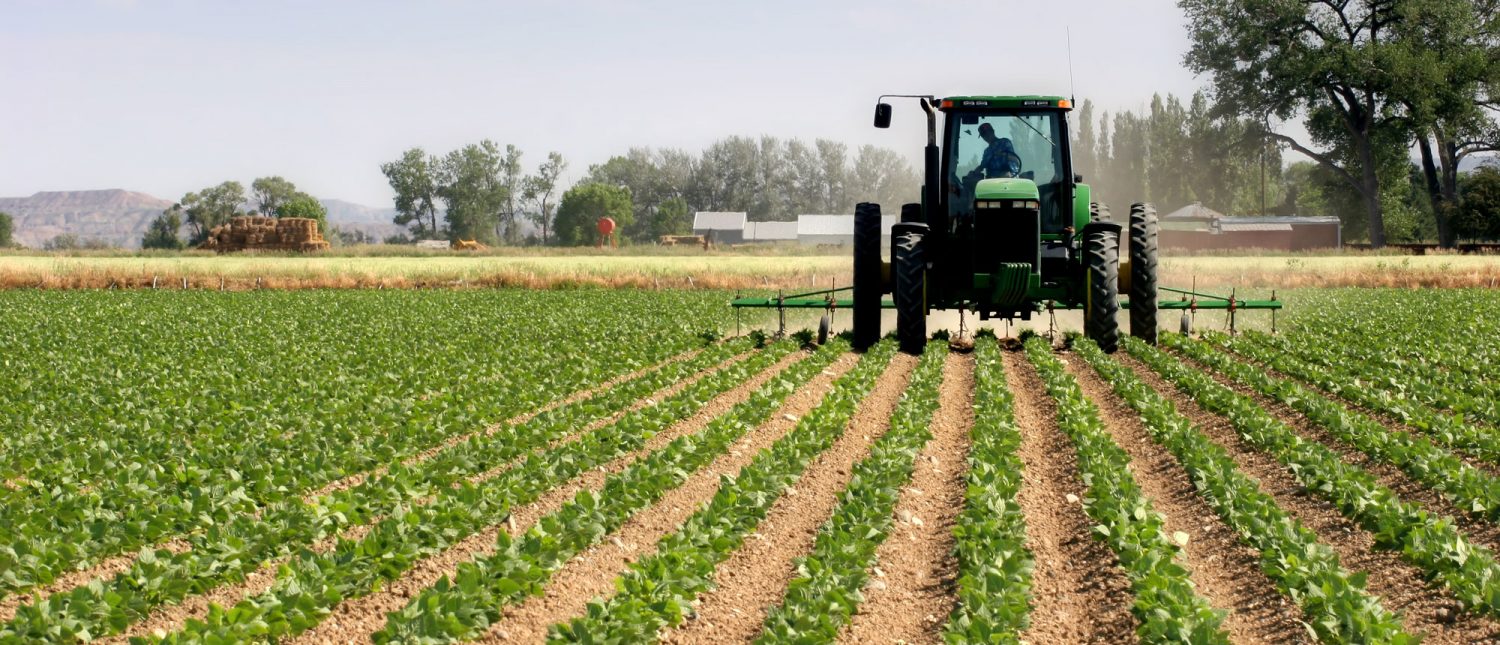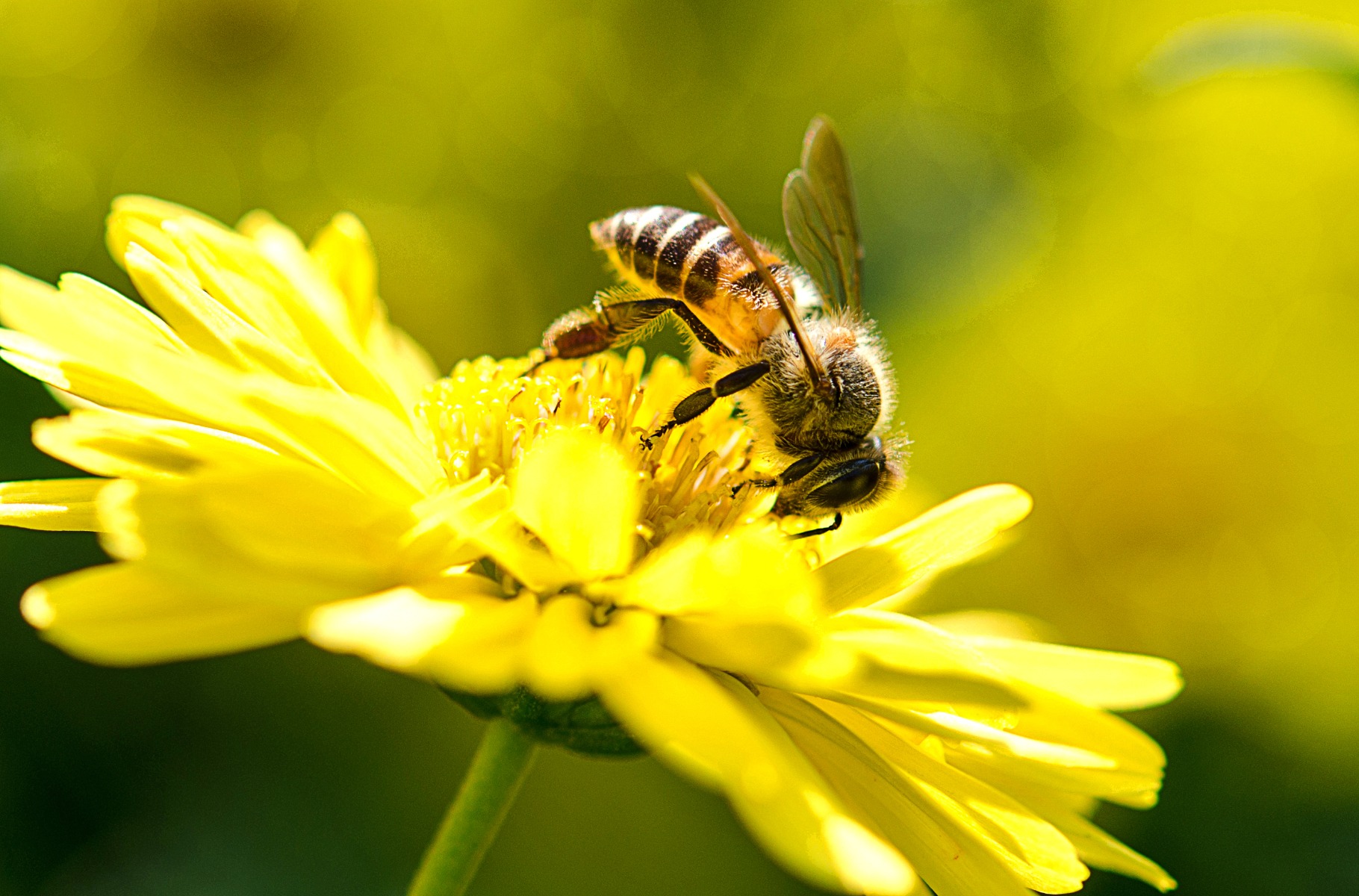
Visit our other sites
-
Fapas - Proficiency Testing
Globally recognised provider of proficiency tests, running over 400 tests annually across an extensive range of matrices and analytes
-
Great Crested Newts Testing
A single sample taken by an ecologist at any time during the newt breeding season can determine their presence or absence, saving you time and money
Biodiversity Services geared towards pollinator health and sustainable farming

Pollinators are able to increase the yield and the quality of insect dependant crops. This means by embracing pollinators it can lead to higher production levels of your crops.
At Fera, we have science experts in pollinator health with the right biological expertise to understand the practices and policies that can impact pollinators in a positive way. Our biodiversity services can help with sustainable farming practices which have pollinator health in mind, these include: pollinator resource provision, habitat management, identification, monitoring and stewardship.
Dr Giles Budge
Science Lead - Crop and Bee Health
Working with pollinators to increase the yield and quality of crop

Fera offer a range of biodiversity services to support farmers, growers (orchards and vegetables), supermarkets, food producers, government agencies and wildlife trusts.
Pollinator Resource Provision
Plant selection guidance can be provided to suit the cropping situation and soil type, and the range of pollinators relevant to the local area. Annual, biennial, or perennial mixes are all possible and their siting and relevant management will be provided for the type selected.
We can also offer advice on suitable mixes for those insects that provide a pollination service but also control crop pest insect species. This control which could be part of an IPM strategy is achieved through a different stage of their life cycle such as the larval stage of certain hoverflies.
Habitat Management
Management advice would be provided to assist with the improvement of habitats at the farm-scale for pollinators. Different groups of pollinating insects (e.g. bees, butterflies and hoverflies) have different requirements. They all need nectar as adults for energy and many also feed on pollen which provides protein for egg production. It is important to support pollinators through all stages of their lifecycle. A range of diverse areas, often requiring reduced management such as cutting, are important for the provision of nesting and over-wintering sites such as areas of rough grass and hedge bottoms. A range of insects may be supported through resource provision for the control of pest insect species. We will identify the key groups/species for the relevant crops and chose a range of plant species that will support these beneficial insects along with the pollinators.
Identification
At Fera, we have the expertise of skilled staff able to identify all insect pollinators to species level. It is important to know the range of pollinators present as efficient pollination services are particularly important for fruit set and quality, and for maintaining plant gene flow and habitat diversity. Therefore if the diversity is low, we can support with suggestions to enhance the associated habitats and thereby improve the diversity and numbers of pollinators present.
Monitoring
It is important to know the range of pollinators present as efficient pollination services are particularly important for fruit set and quality. They are also a good measure of the biodiversity of a particular site. Monitoring of the groups of pollinators present in a given area would be assessed with an effective trapping regime. If the results show that pollinator diversity is low, strategies would be suggested to enhance the habitat to improve the diversity and numbers of the pollinators present.
Stewardship
Agri-environment schemes are effective method for improving the sustainability of farming. The government-funded ‘Countryside Stewardship’ scheme provides financial incentives for land managers to look after their environment through various activities. This scheme is open to all eligible farmers, woodland owners, foresters and other land managers and enables them to set aside specific areas to enhance biodiversity on farmland in exchange for payments. A specific group of options has been developed to provide the necessary resources for pollinators. Fera can offer advice on the options available under the scheme, the requirements in meeting these, and how they should be located and managed.
Pollen load identification for environmental monitoring
Honey bees forage from a wide variety of plant species. Pollen can be sampled from females after foraging trips and identified to species level. These pollen loads are an excellent measure of the plant diversity and an indicator of types of habitat present in the surrounding area. Pollen can also be sampled from females of all bee species or from their nesting sites.
Contact us now to find out how your production might Impact pollinators and how our services could help you increase your yield.
IN THIS SECTION

Bee Ecotoxicology
Our research expertise and scientific resources can help you to test your plant-protection products for their effects on bee survival, development and behaviour – helping you to develop products that are safe for bees and other pollinators.

Copyright © 2025 Fera Science Limited (“Fera”). All rights reserved.
For further information about how Fera uses any personal data collected from you, please see our Privacy Notice at www.fera.co.uk/privacy-policy.

